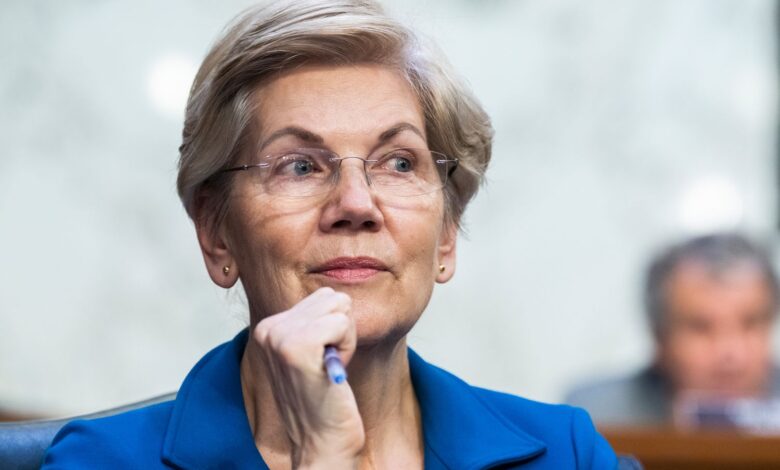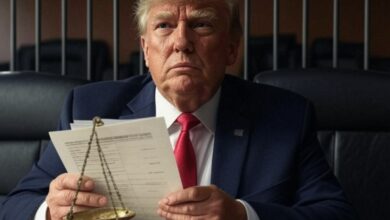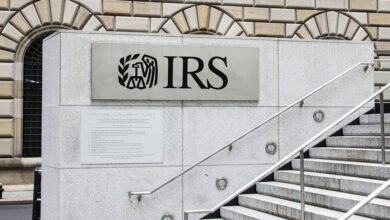Elizabeth Warren Slams Trump’s Stablecoin Agenda, Calls for Congressional Action

U.S. Senator Elizabeth Warren (D-MA) criticized a stablecoin-focused bill advancing through Congress, accusing President Donald Trump of using the legislation to serve his own financial interests.
The Massachusetts senator voiced her concerns while sharing a post about President Trump’s decentralized finance project, World Liberty Financial, which recently launched its stablecoin, USD1, on Ethereum and Binance’s BNB Chain.
Warren took to social media to denounce the initiative, claiming Trump is using it as a “grift” to “enrich” himself.
“Congress should step up and fix the current stablecoin bill moving through the Senate that will make it easier for Trump—and Elon Musk—to take control of your money,” she wrote, referring to the “Financial Innovation and Technology for the 21st Century Act” (FIT21). The bill aims to establish a regulatory framework for digital assets, with U.S. Rep. French Hill (R-AR) indicating that an updated version will be introduced “in the next few days.”
Meanwhile, the Trump administration continues its push to position the U.S. as the “crypto capital of the world” through various initiatives, including the creation of an SEC Task Force focused on digital asset oversight.
During a video call at the Blockworks crypto conference in New York last Thursday, President Trump advocated for “simple, common-sense rules for stablecoins and market structure.”
With over $238 billion in stablecoins currently in circulation—dominated by Tether (USDT), according to CoinGecko—Trump’s crypto czar, David Sacks, has pledged to introduce stablecoin and market structure legislation within the first 100 days of Trump’s second term.
Warren recently challenged Sacks to prove he is not “directly profiting off of the Trump Administration’s efforts to selectively pump the value of certain crypto assets,” despite his claims that he sold all his crypto holdings before assuming his role.
Elon Musk’s growing influence in government, particularly through his leadership of the Department of Government Efficiency (DOGE), has further raised Warren’s concerns. The department, which Musk oversees, aims to cut bureaucracy and reduce excessive regulations but has been criticized for potentially giving him and his business interests undue sway over U.S. financial policy.
In January, Warren condemned DOGE in a letter to Musk, calling it a potential “venue for corruption.”
She also urged Musk to consider policy reforms, including closing tax loopholes for the wealthy and overhauling government contracts to reduce wasteful spending.





